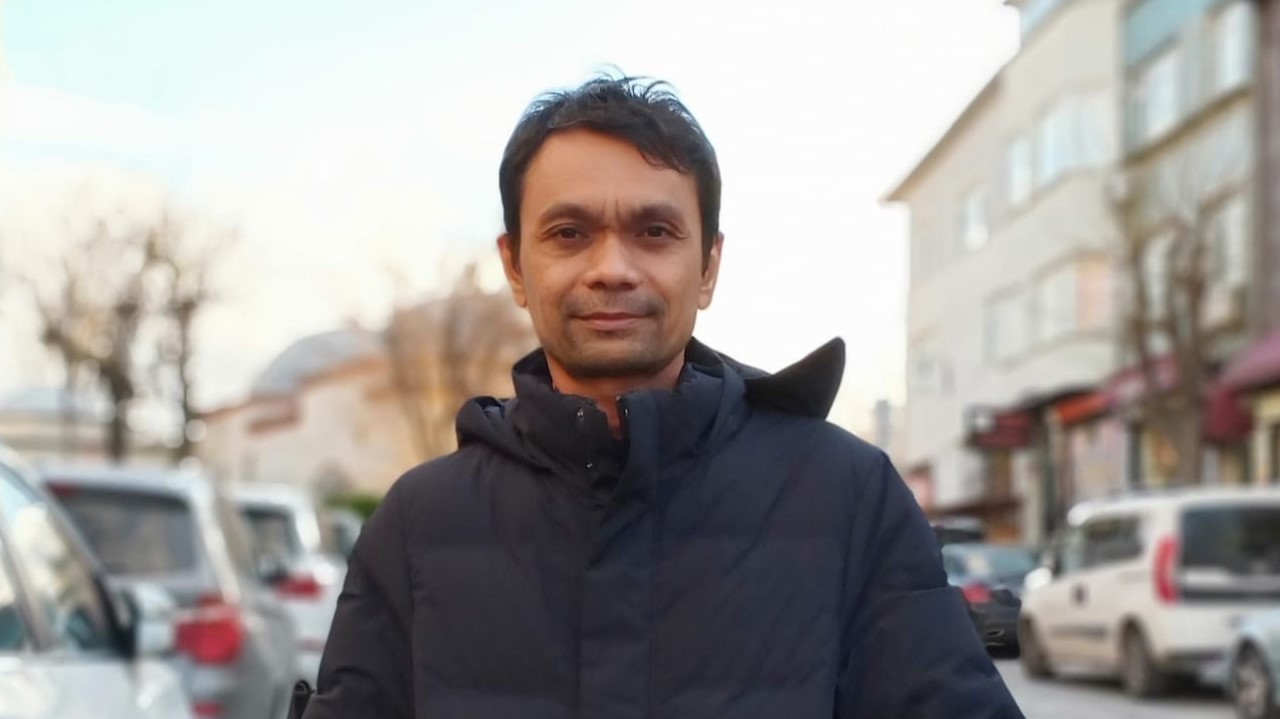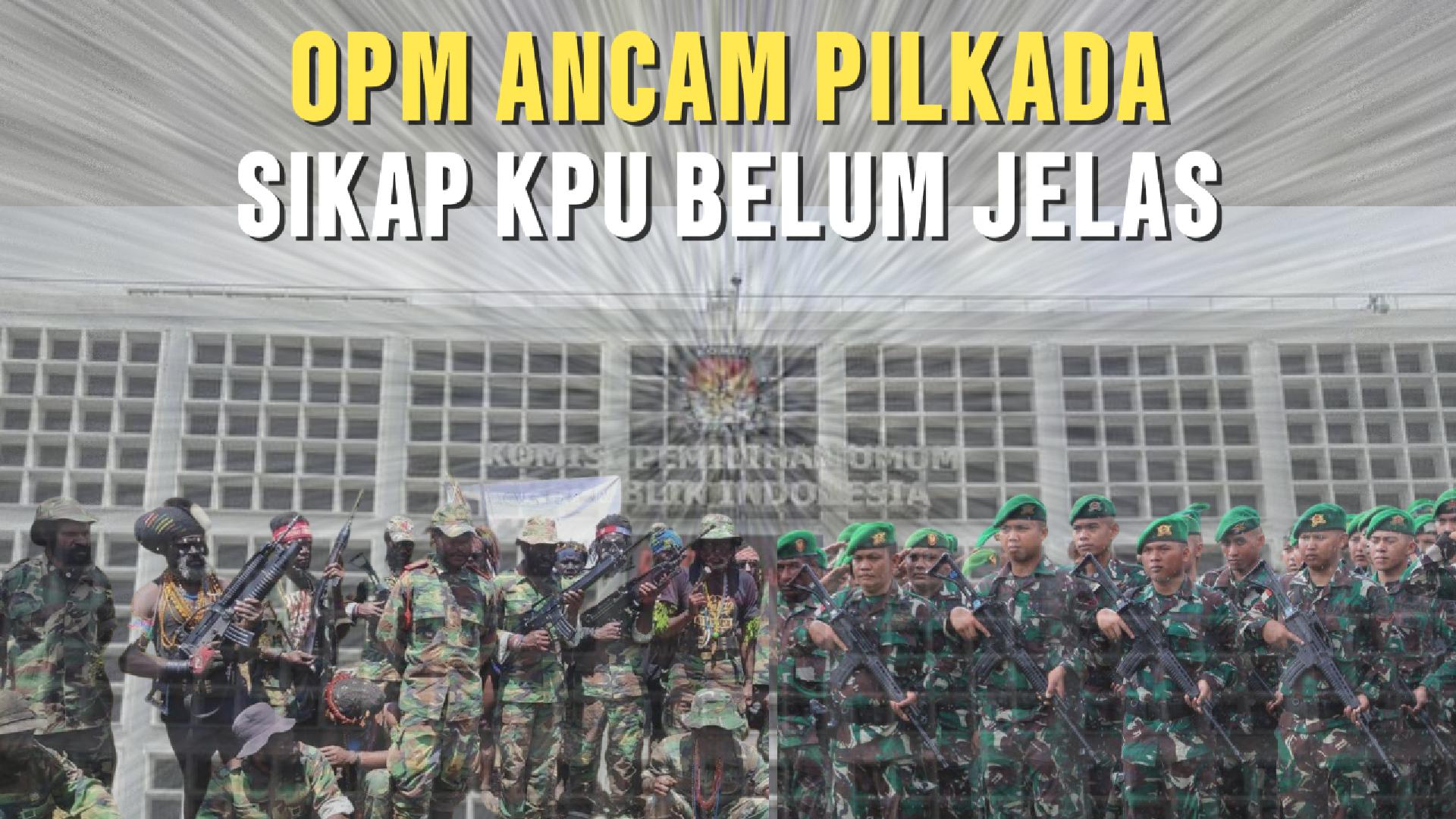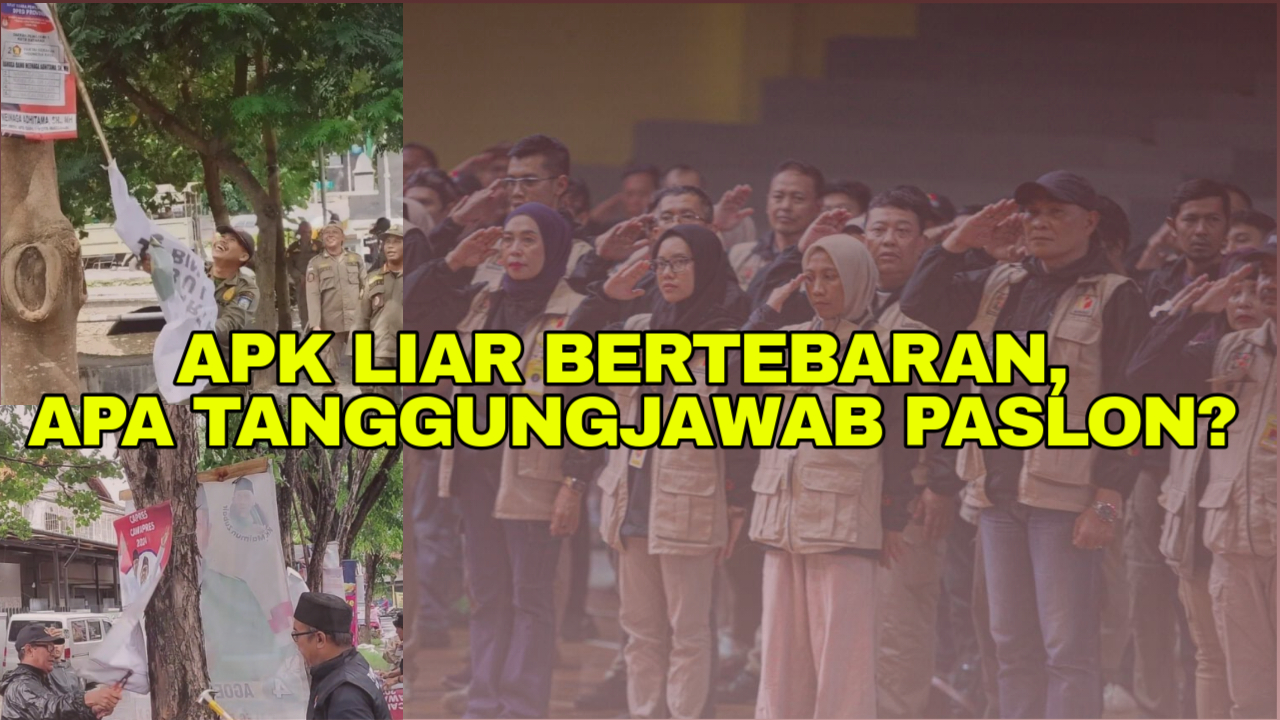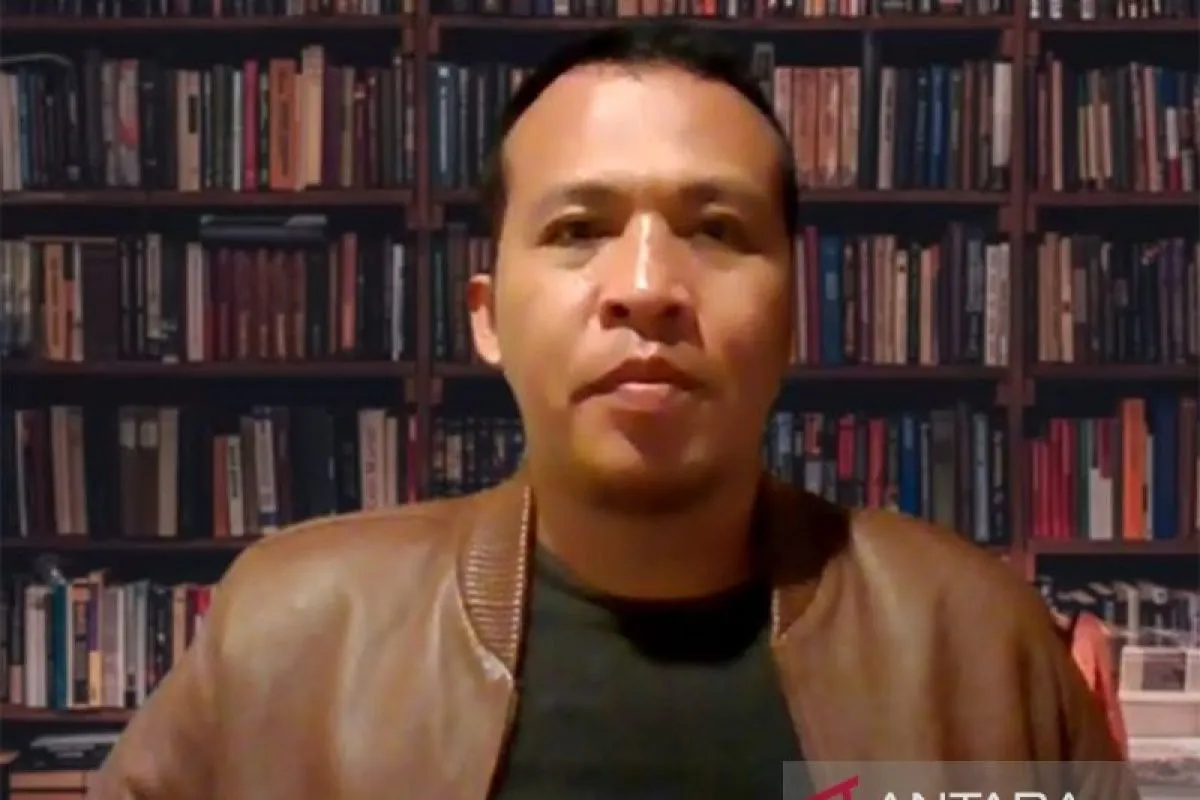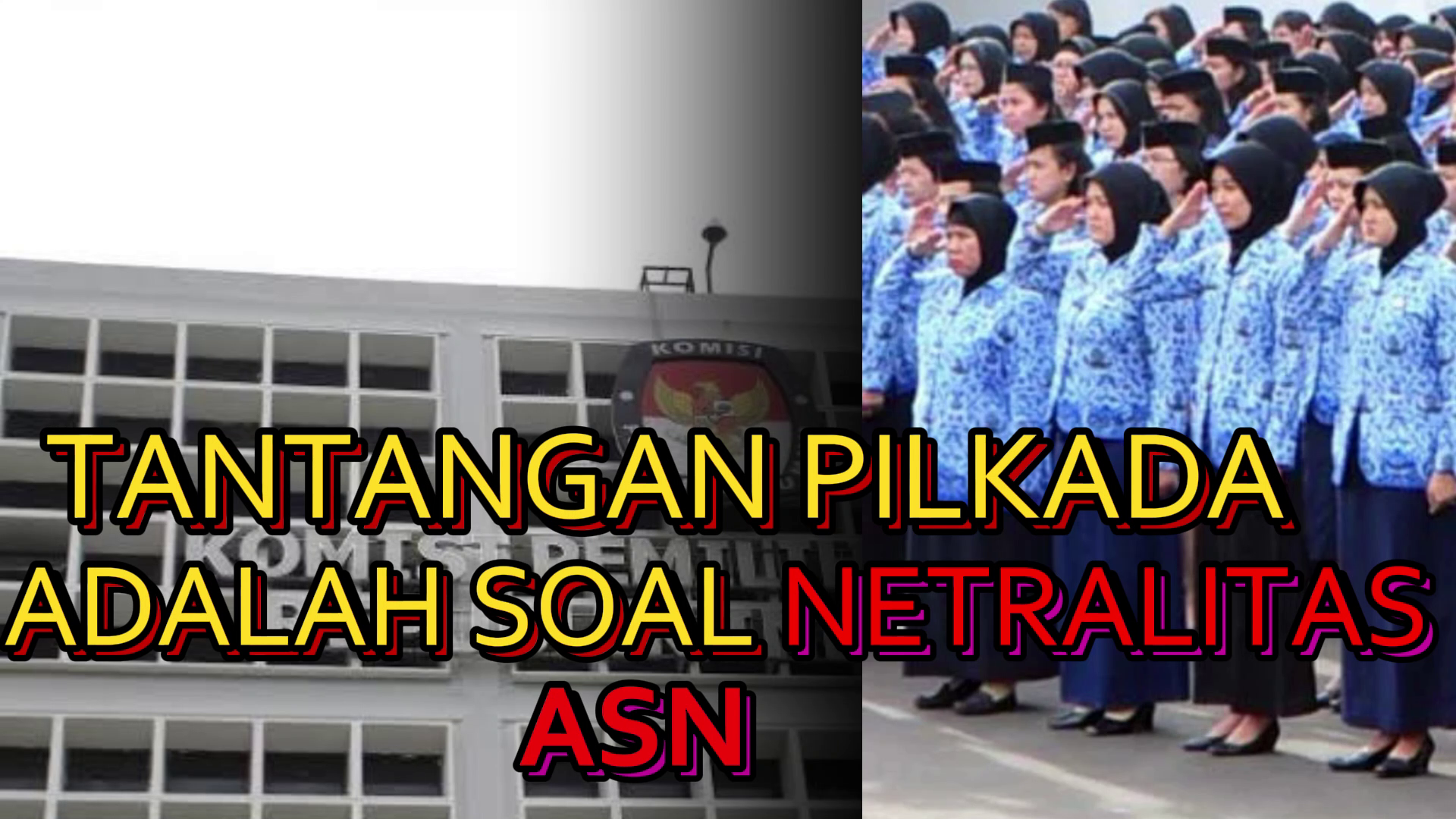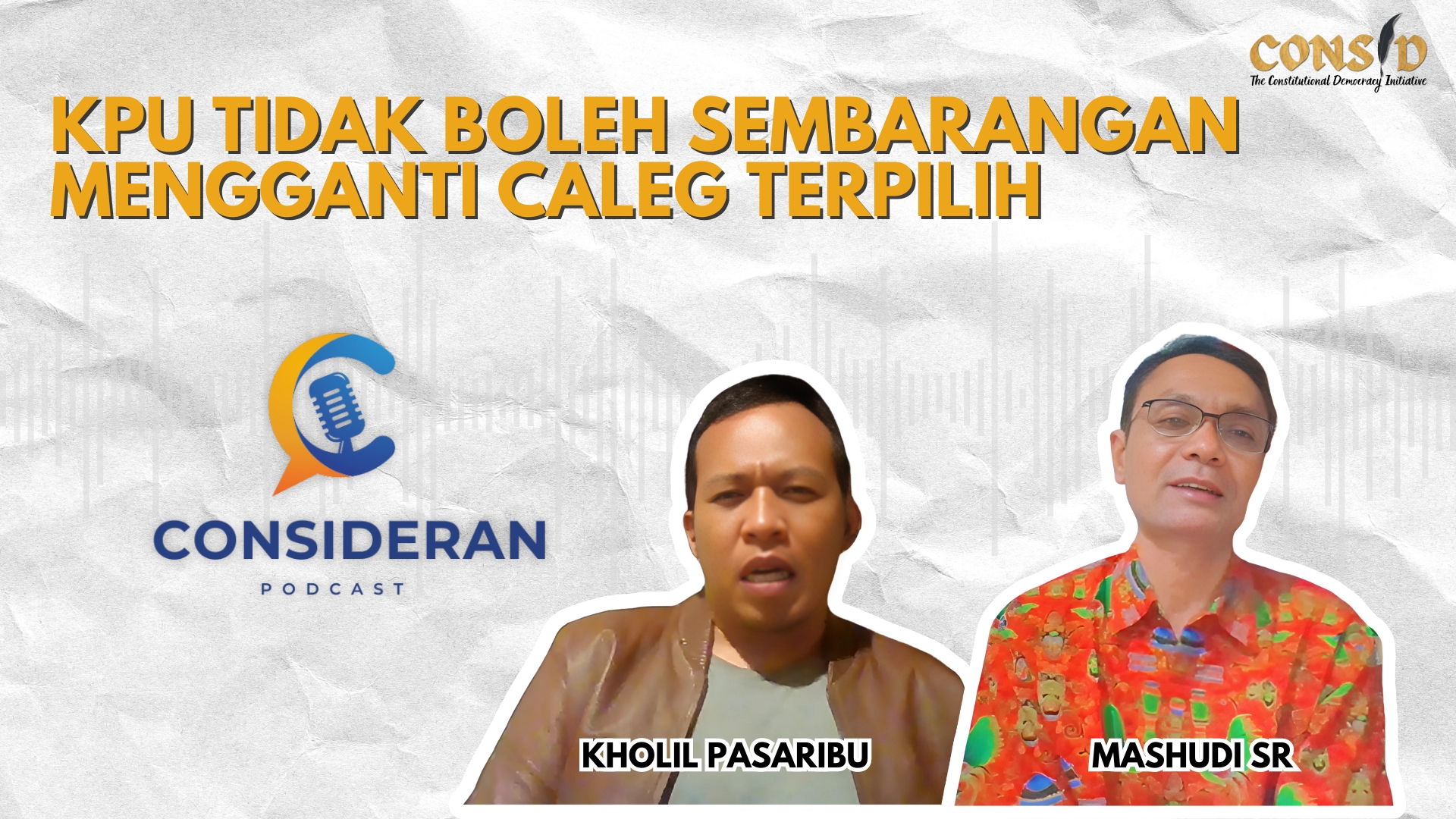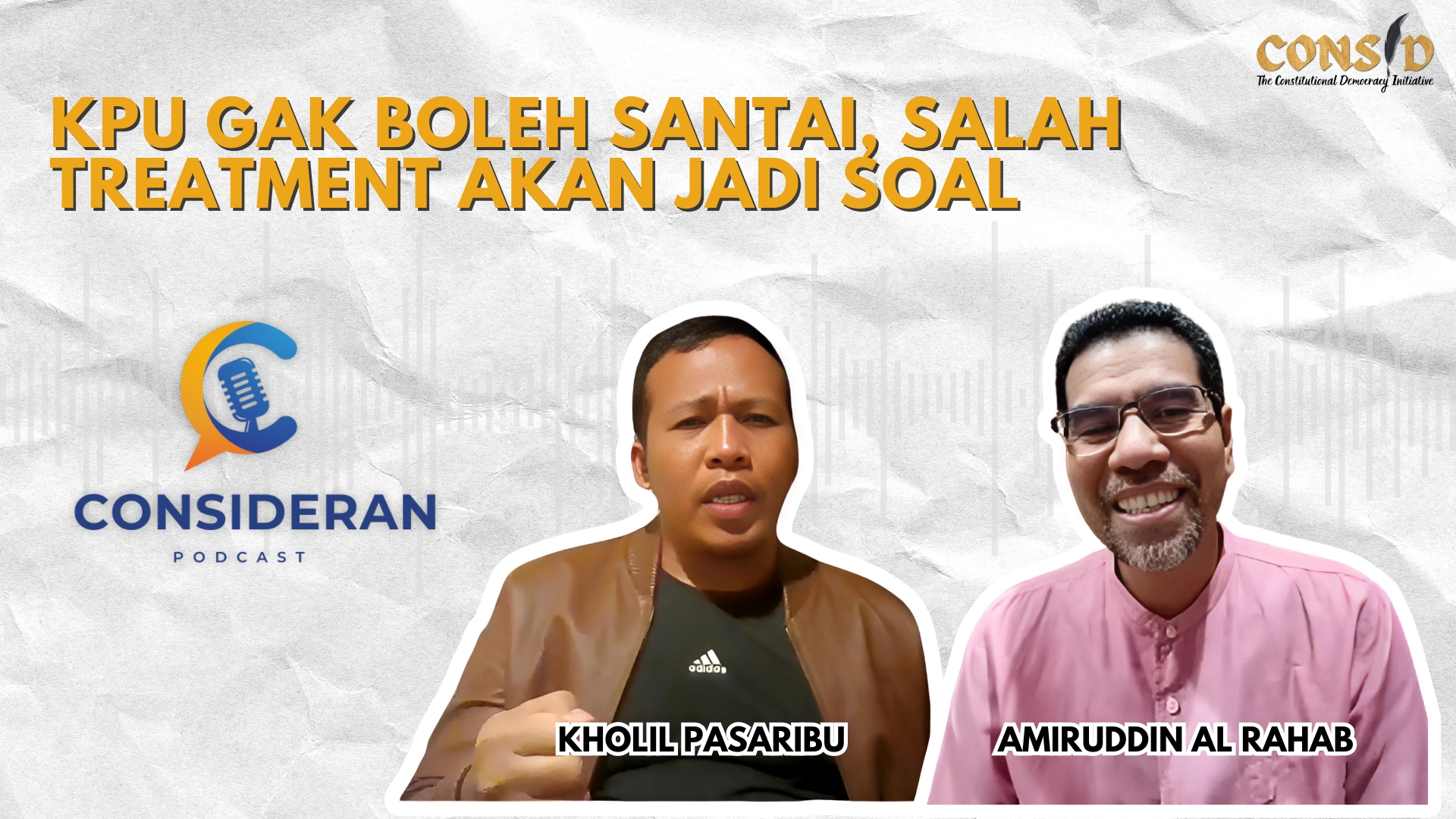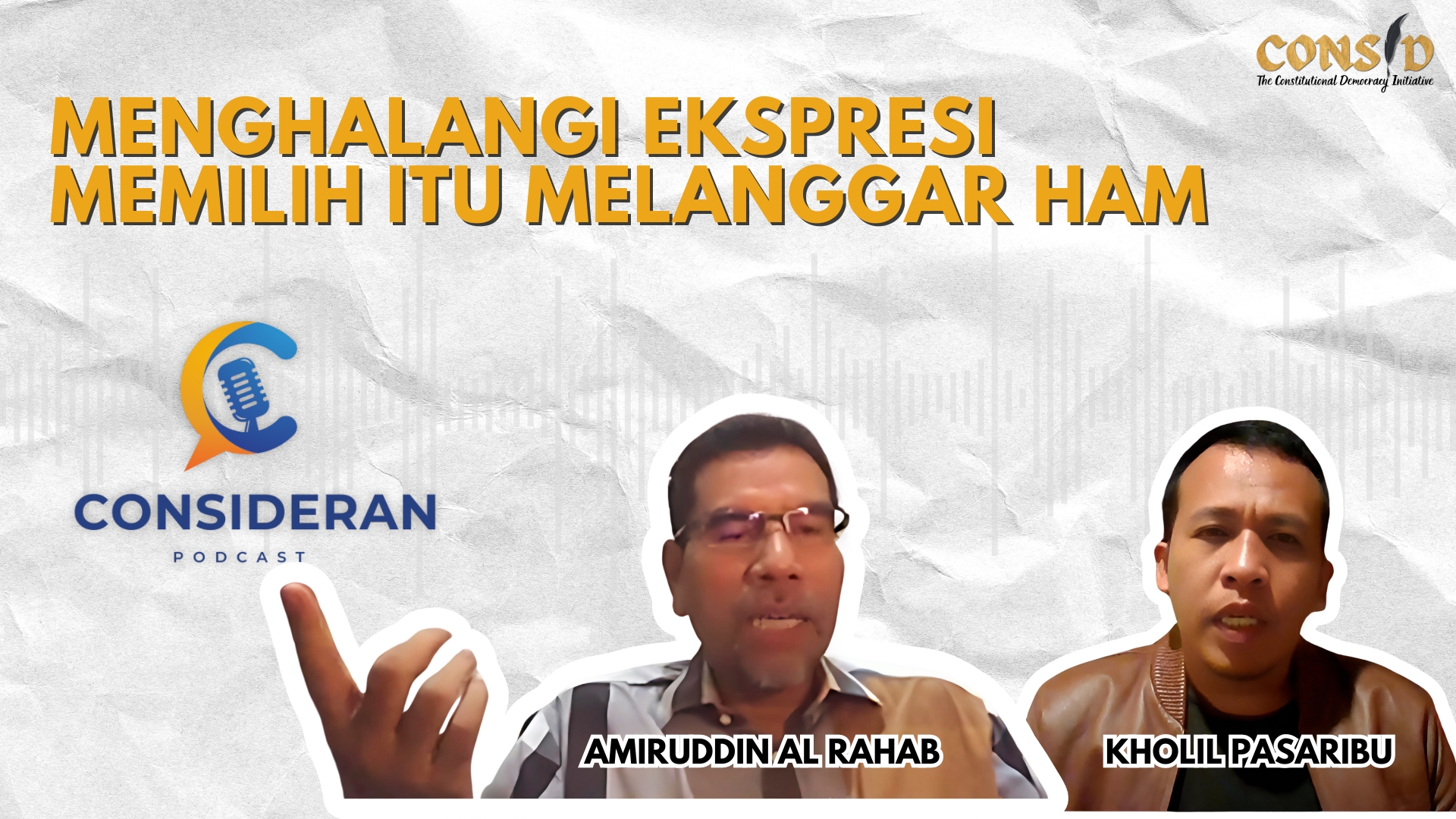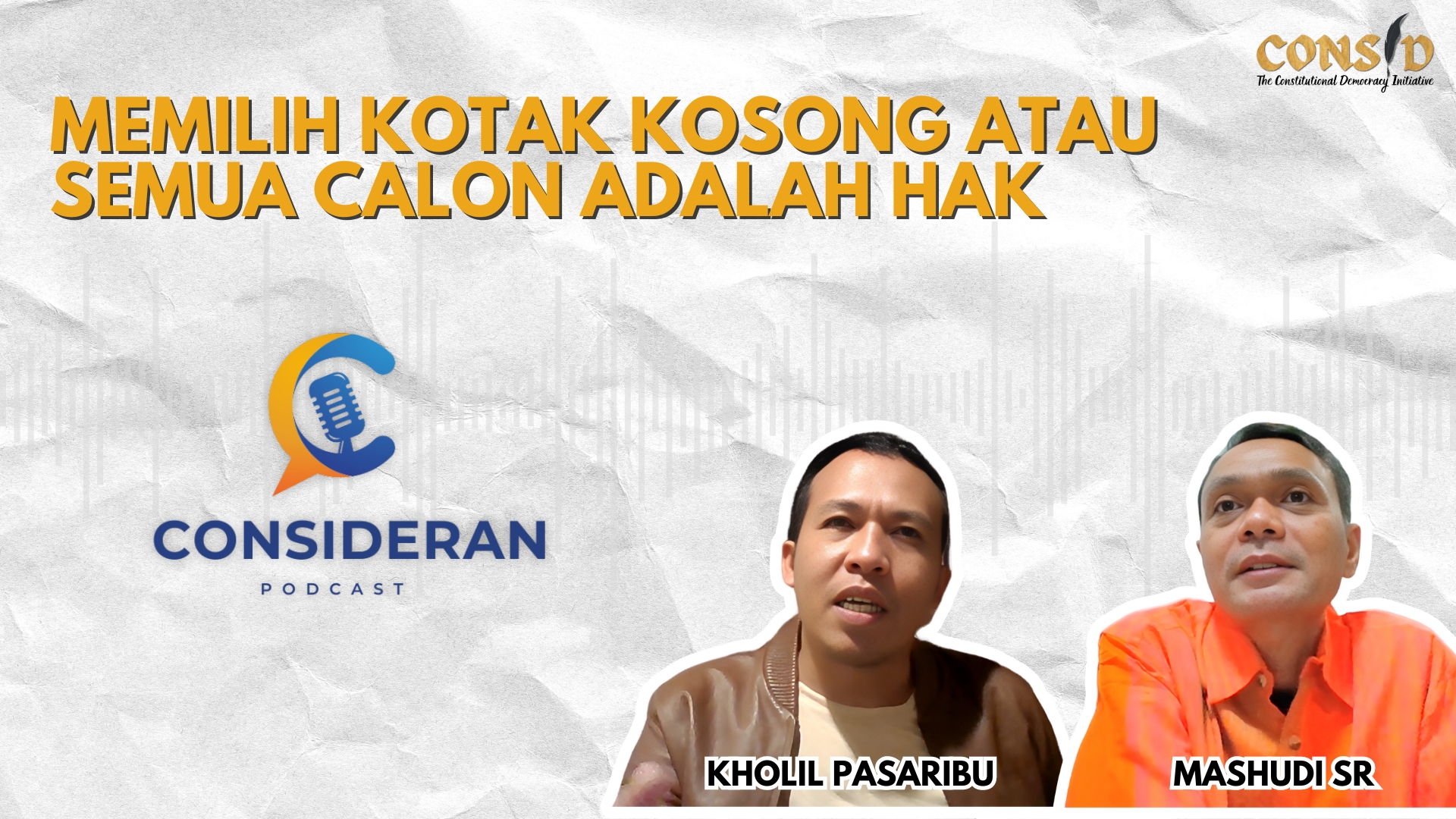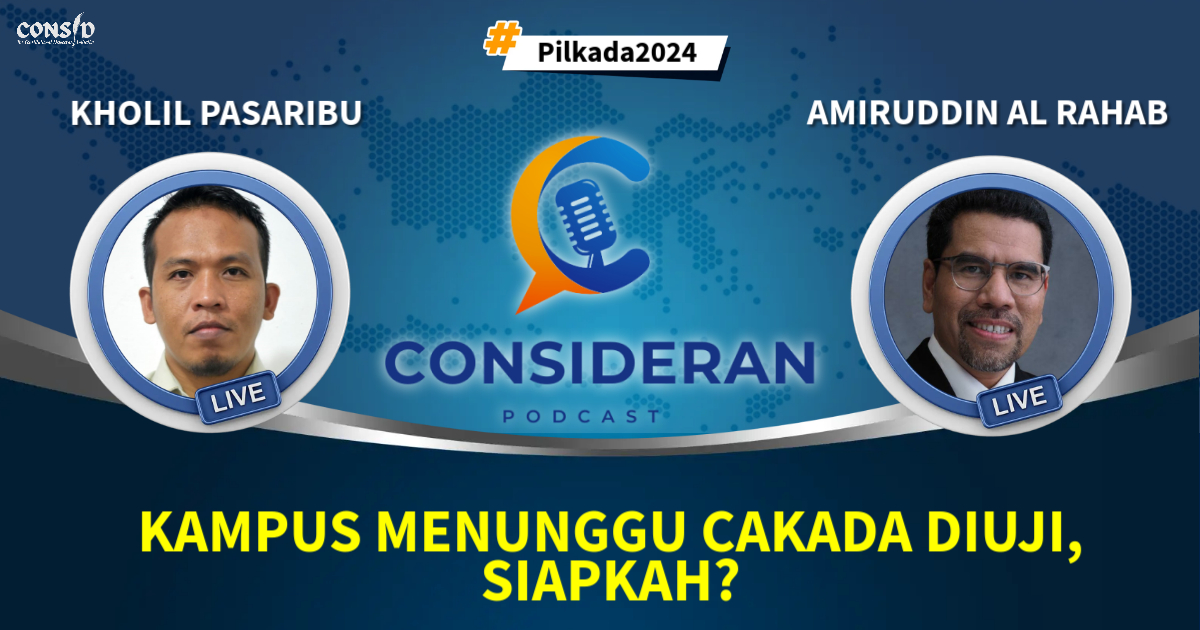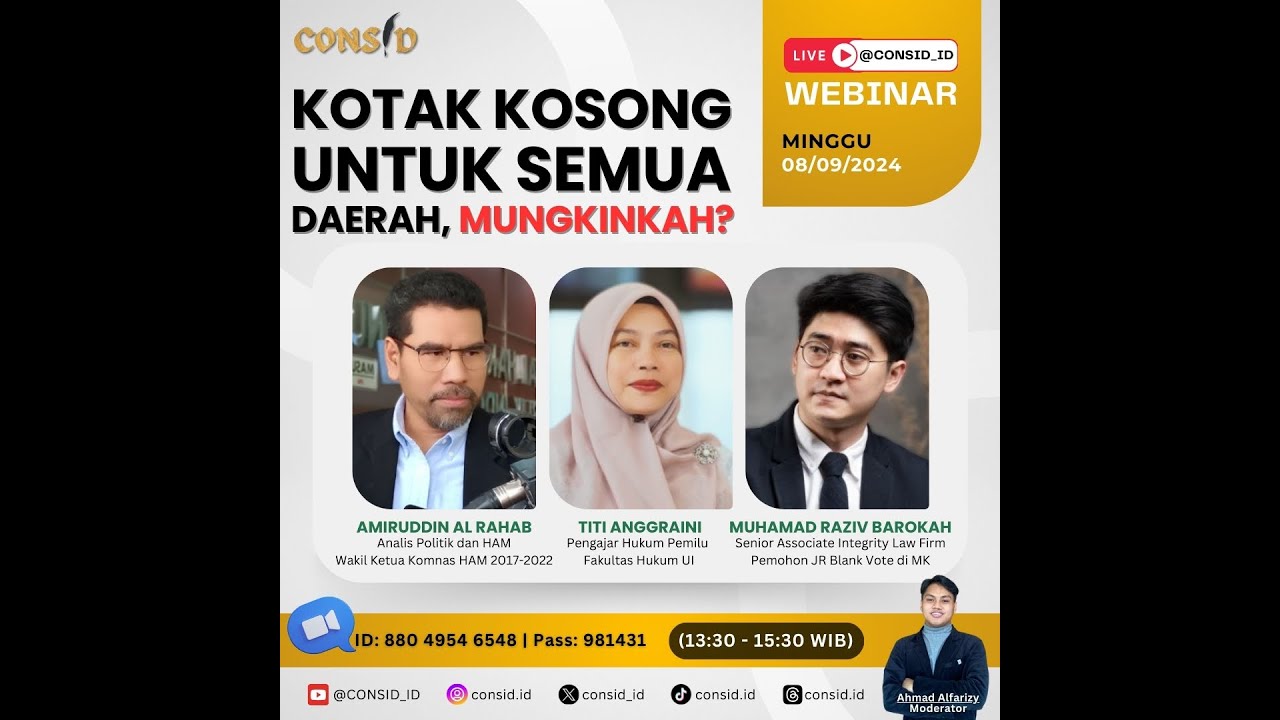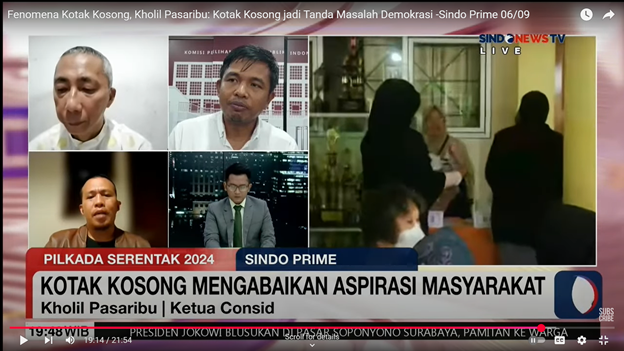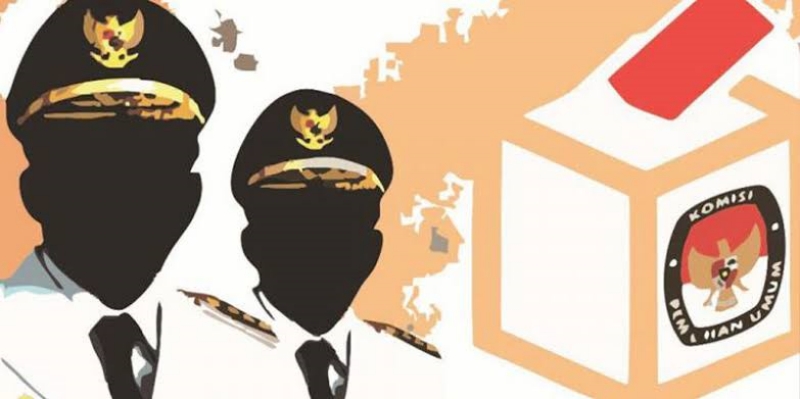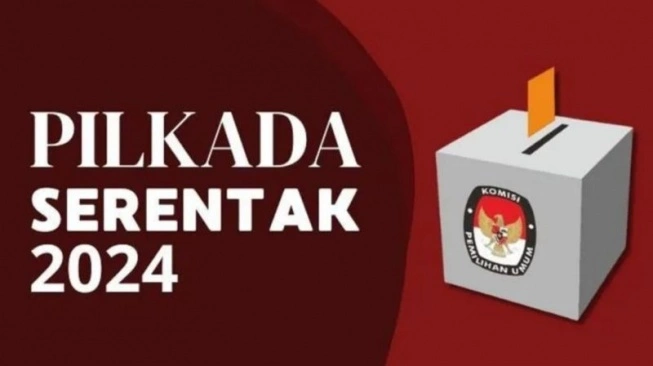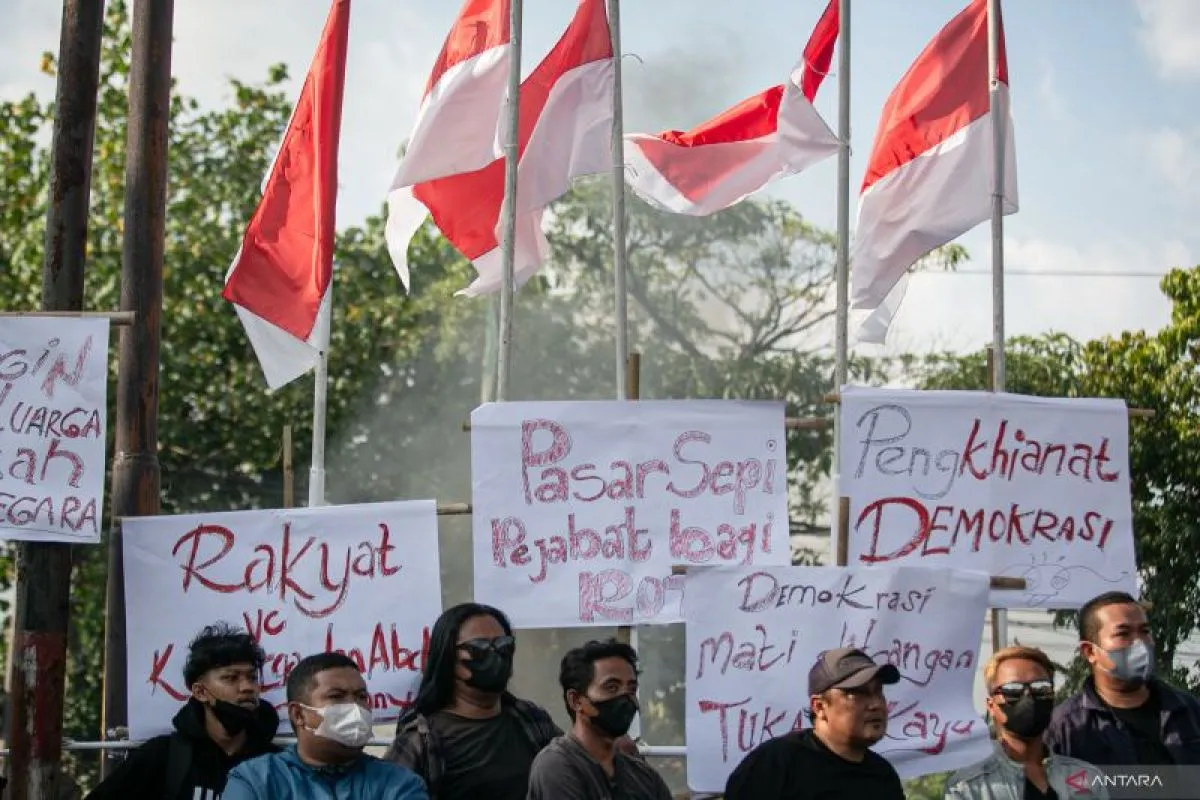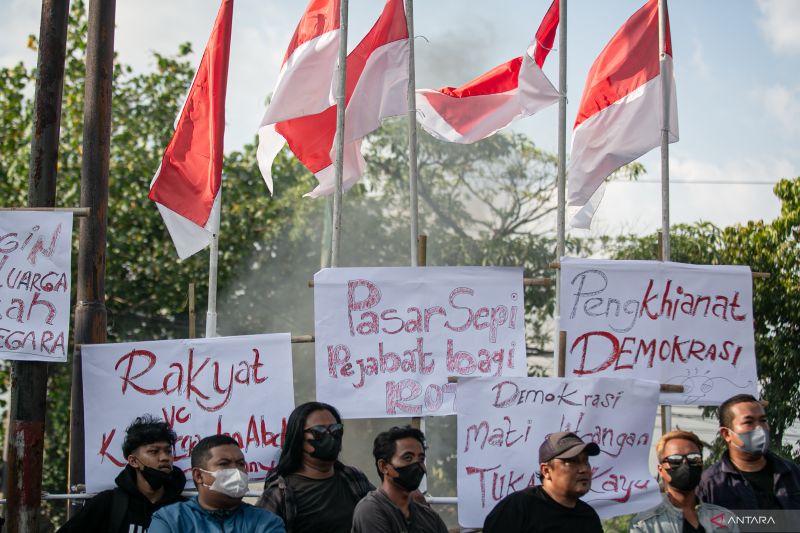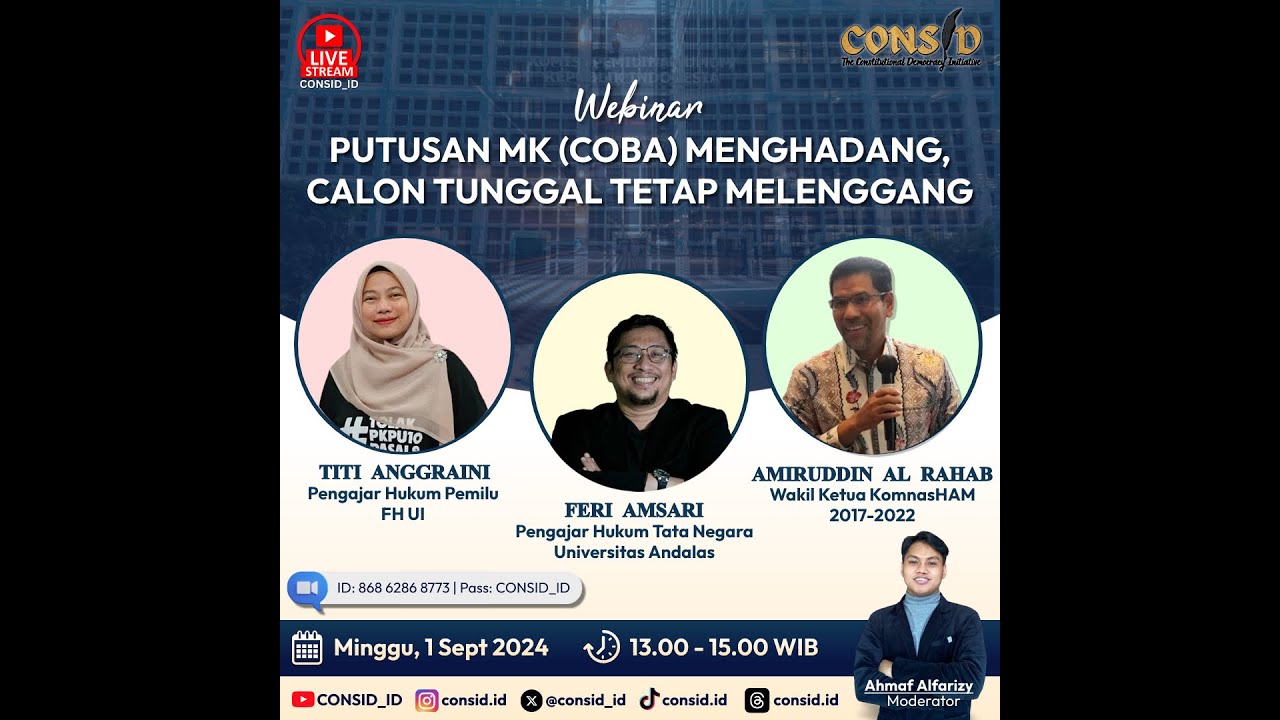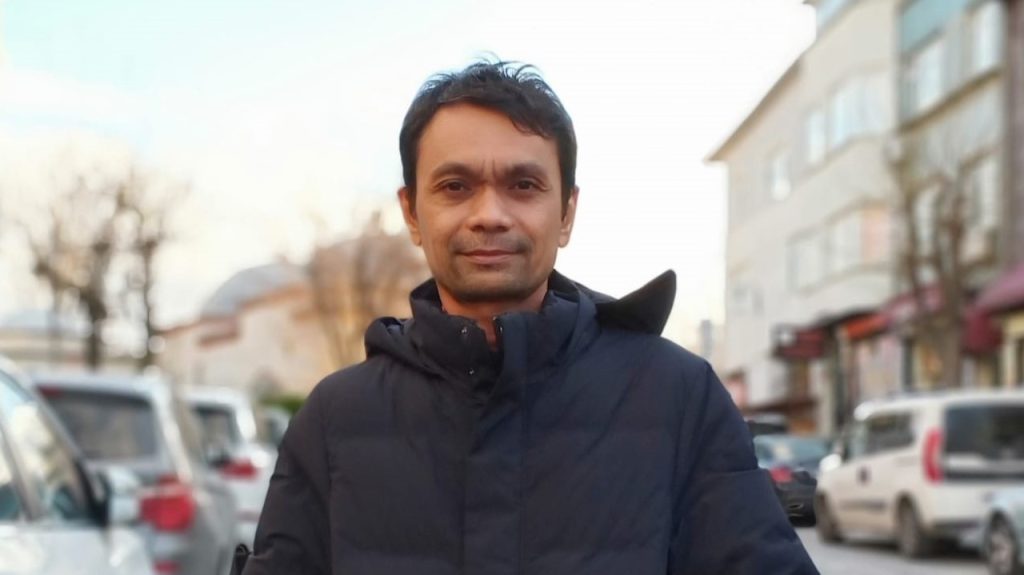
Mashudi SR
Senior Researcher, CONSID
"If no serious action is taken, local parties in Aceh might disappear in the storm of politics."
After the 1955 general election, there were no more local political parties taking part in elections. All legislative election participants were national and centralised political parties. The political channel for public aspirations was narrowed and controlled. Under the New Order regime, in the name of national stability, political space, seen as a source of noise in the Old Order era, was reorganised and restricted.
It was only in the 2009 election, one decade after the first election in the reform era, that local political parties (parlok) returned to the ballot box. Interestingly, this historic moment of democracy happened only in Aceh, a province that had long suffered from armed conflict. Even then, their participation was limited only to competing for seats in the regional parliament.
History notes that the presence of parlok in Aceh was one of the results of the peace agreement between the Indonesian government and the Free Aceh Movement (GAM) in mid-2005. This local-scale democratic instrument became a kind of vehicle for those who had been part of GAM specifically, and for the people of Aceh more generally, to bring this region closer to justice and prosperity.
Some other areas in the country that experienced armed conflict also wished for the same thing. However, those hopes did not receive a response because they were not seen as the right option to end the conflict. In Papua, for example, the political right given was in the form of a special rule that allowed only native Papuans to hold the position of regional head.
This 2024 legislative election is the fourth time parlok have become contestants. A total of six local parties have passed verification and have been officially named as participants by the election organisers. These parlok are the Aceh Party (PA), the Nanggroe Aceh Party (PNA), the Generasi Atjeh Beusaboh Thaat and Taqwa Party (Gabthat), the Adil Sejahtera Party (PAS), the Darul Aceh Party (PDA), and the Independent People’s Solidarity Party of Aceh (SIRA). In total, there are 24 political parties in the election that will compete for 81 seats in the provincial parliament.
From the 2009 election until now, the number of parlok participating has gone up and down. In the first election in 2009, the election commission approved six parlok as participants: Aceh Party (PA), Aceh Aman Sejahtera Party, United Aceh Party (PBA), Daulat Aceh Party (PDA), People’s Party of Aceh (PRA), and the Independent People’s Voice Party of Aceh (SIRA). This number fell to three parties in the 2014 election: PA, PNA, and PDA. In the 2019 election, the number increased to four: PA, PNA, PDA, and SIRA.
The ups and downs of the number of parlok in each election show the dynamics of local democracy. Some parties have stayed as participants in every election, while others appeared only once on the ballot. There are also new local parties. Alongside this, the number of votes and seats in parliament gained by each local party also goes up and down. Aceh Party, as the largest parlok, won 33 seats out of 69 contested in 2009. This dropped sharply in 2014 to 29 out of 81 available seats. In the 2019 election, PA only managed to place 18 of its members in parliament out of the 81 total seats.
A Political Alarm
Although it still holds the most seats across three elections, this decline is a kind of alarm, not just for PA but also for other local parties. If not taken seriously, it is not impossible that parlok in Aceh will be swept away by political storms. In the end, Aceh may only be remembered as a region that once had a local democratic tool admired by many other parts of the country, but now is just a part of history. In fact, the journey to reach the point where Aceh could establish its own local parties was full of long and painful humanitarian events.
Therefore, remembering how painful and costly it was to give birth to this democratic entity called parlok, it should become a moral and historical duty for every son and daughter of Nanggroe to preserve it. One way is to choose local parties as one of the many legislative election options. These parlok are one of Aceh's strategic political assets today.
Now, the task of parlok is to convince voters that their votes will mean more if they are given to local parties. Of course, this is not an easy task, because people have their own memories about each party's past. These memories cannot be erased just by giving out food packages, money, or empty promises. People are more critical now; they can see the difference between real commitment and political nonsense.
This is the reality of the voters that must be faced. Even though in some areas vote-buying still happens, this should slowly be reduced—not defended just to win a seat. Because there is another side of elections that must be carried out, which is moral political education. Last but not least, by looking at the political alarm in the form of a downward trend in votes and seats for parlok, the 2024 election should be a turning point to strengthen the position of local political parties in Aceh. The experience of three elections is enough to serve as a valuable reference on how to win and manage the people’s trust. Indonesia’s democracy will be more colourful if Aceh’s local democracy continues to shine. Therefore, in this 2024 election, local parties must not fail.
Note: This article was previously published in Serambi Indonesia newspaper.


